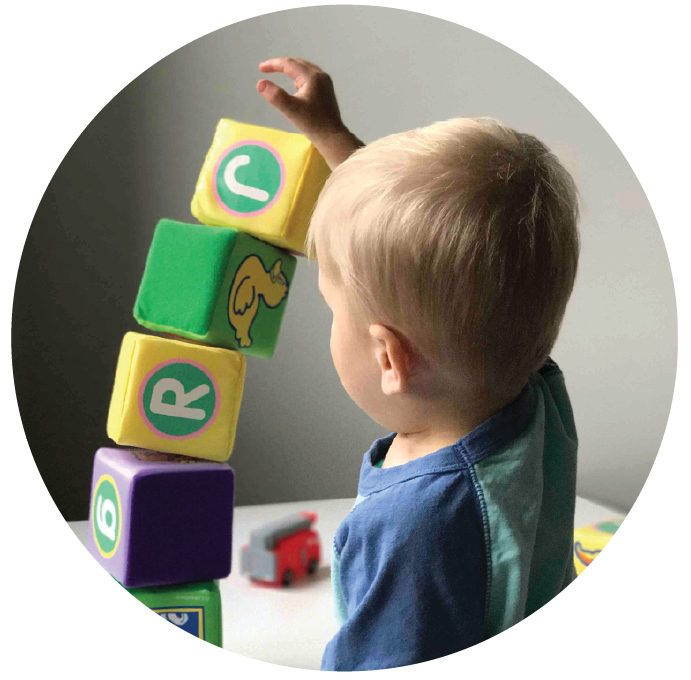Myth
- Dyslexia is rare
Fact
- Dyslexia affects 20% of the population - 1 out of every 5
“Parents (and teachers, too) of children with reading problems should make their number one goal the preservation of their child’s self-esteem. This is the area of greatest vulnerability for children who are dyslexic.”
-Sally Shaywitz
Myth
- Dyslexia is a visual disability
Fact
- Dyslexia is a language-based learning disability
“Dyslexia is not a vision problem; it is a phonological processing problem and cannot be treated by vision therapy or visual aids such as color overlays or lenses”
-American Academy of Opthamology
Myth
- Those with dyslexia have a low IQ
Fact
- Dyslexia is not related to intelligence
“Dyslexia is not a problem of intelligence, those with dyslexia are just as smart as their peers”
Myth
- Children outgrow dyslexia
Fact
- Dyslexia is a lifelong issue
“Dyslexia is a lifelong condition. It does not need to be a lifelong disability.”
-David Boies
Myth
- Dyslexia cannot be diagnosed until 3rd or 4th grade
Fact
- Dyslexia can be diagnosed as early as age five
“Identifying a child’s dyslexia doesn’t limit their potential. It empowers them to understand the nature of their difficulties and strengths and their path for success.”
-Josh Clark
Myth
- Those who have dyslexia read backwards
Fact
- Those who have dyslexia do not read backwards. The reversal of letters such as b and d, and words, such as saw and was, is caused by left/right confusion
“The greatest stumbling block preventing a dyslexic child from realizing his potential and following his dream, is the widespread ignorance about the true nature of dyslexia”
-Sally Shaywitz









